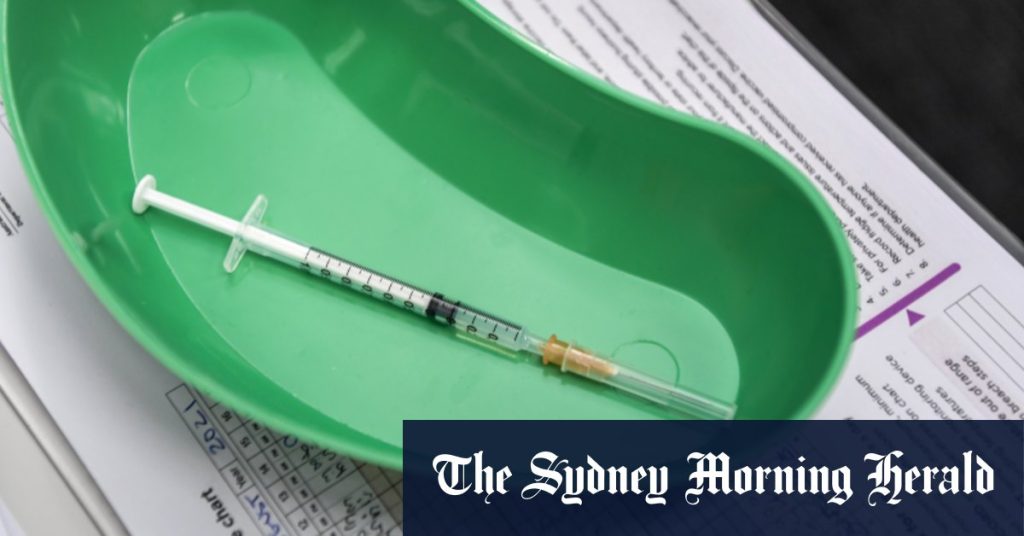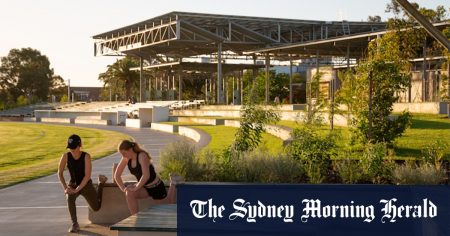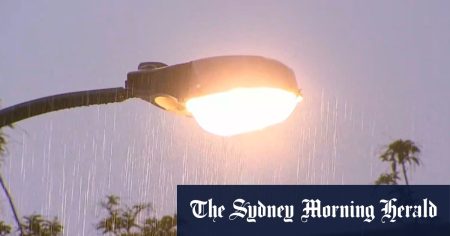A measles alert was issued by NSW Health on Friday, January 17, 2020, following the identification of a measles-infected passenger who travelled through Sydney Airport. The passenger, who arrived on Jetstar flight JQ4 from Honolulu at 4:30 pm, subsequently transferred to a domestic Qantas flight QF596 to the Gold Coast, departing at 9:30 pm. The alert specifically targeted individuals present in Sydney Airport’s international terminal between 4:30 pm and 6:30 pm, and those in the domestic Terminal 3 from 6:30 pm to 9:00 pm on the same day. This encompassed passengers on both flights, individuals transiting through the terminals, and those who may have been on the connecting bus between the international and domestic terminals. While the risk of ongoing infection at these locations was deemed minimal, health authorities emphasized the importance of vigilance.
The alert, issued by Dr. Christine Selvey, Director of the Communicable Diseases Branch at NSW Health, urged individuals potentially exposed to the infected passenger to monitor themselves for measles symptoms over the subsequent 10-18 days, until February 4, 2020. Measles symptoms typically manifest within 10-18 days of exposure and include fever, runny nose, sore eyes, and cough, often followed by a distinctive red, blotchy rash that spreads from the head and face downwards. Dr. Selvey emphasized that seeking medical attention promptly upon experiencing these symptoms is crucial to prevent further transmission.
Beyond the immediate concern for those potentially exposed at the airport, the incident served as a broader public health reminder about the importance of measles vaccination. Dr. Selvey stressed the need for community members to ensure their vaccinations are up-to-date, highlighting the effectiveness of the measles-mumps-rubella (MMR) vaccine in preventing the disease, even after exposure if administered early enough. This advice was particularly pertinent given the ongoing measles outbreaks in various parts of the world, posing a risk to unvaccinated travellers.
The MMR vaccine is readily available and free for children in Australia at 12 and 18 months of age. Furthermore, anyone born after 1965 who has not received two doses of the vaccine is also eligible for free vaccination. For infants under 12 months travelling to high-risk measles areas, early vaccination is recommended. This incident underscored the crucial role of vaccination in protecting individuals and communities from preventable diseases like measles.
This measles alert coincided with another issued by NSW Health on Thursday, January 16, 2020, related to potential exposure at several locations in Berala: Family Doctors, Berala Pharmacy, and 4Cyte Pathology, between 10:00 am and 11:15 am on January 18. While the airport incident involved a traveller arriving from an international location, the Berala alert highlighted the potential for measles transmission within the community. Both incidents emphasized the importance of maintaining high vaccination rates to prevent the spread of measles and protect vulnerable populations.
The proactive approach by NSW Health in issuing these alerts demonstrates the importance of rapid communication and public awareness in managing potential outbreaks of infectious diseases. By identifying potential exposure sites and urging individuals to monitor for symptoms, health authorities aim to contain the spread of measles and minimize the impact on the community. This incident serves as a valuable reminder of the ongoing need for vigilance and the crucial role of vaccination in safeguarding public health. The detailed information provided by NSW Health enabled individuals to assess their potential risk and take appropriate action, contributing to a more informed and proactive approach to disease prevention.










